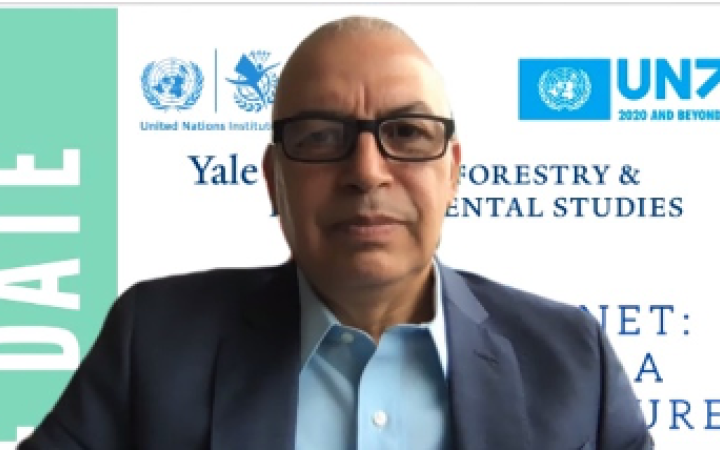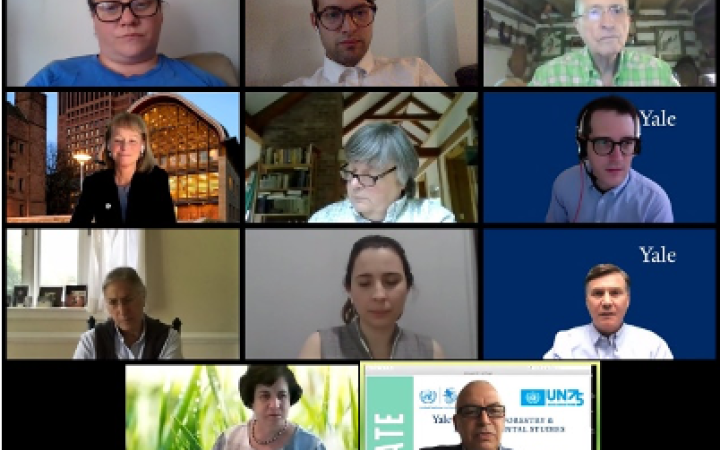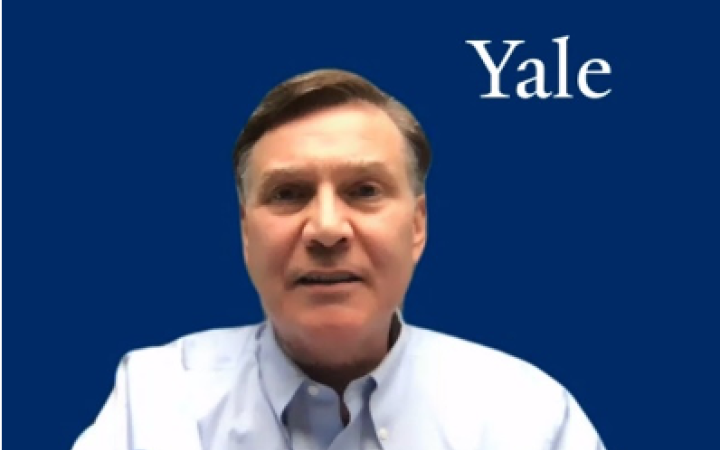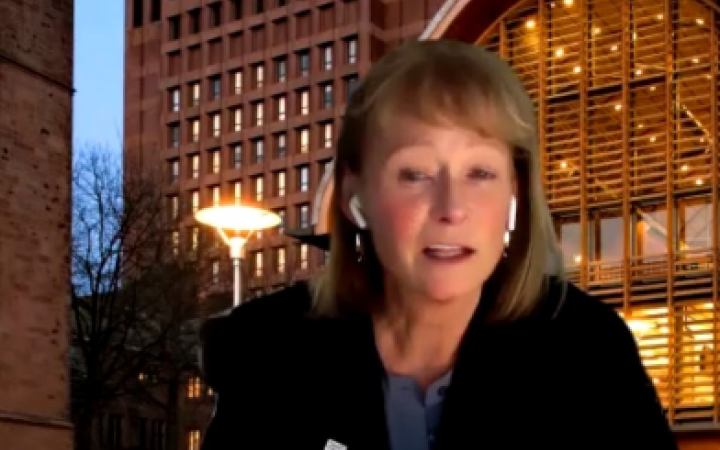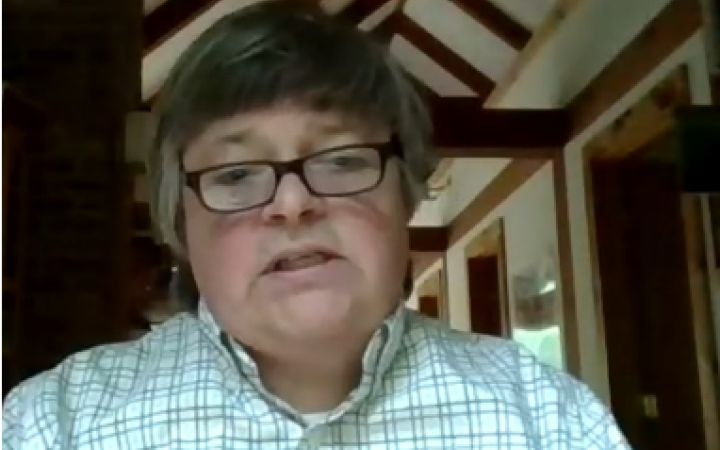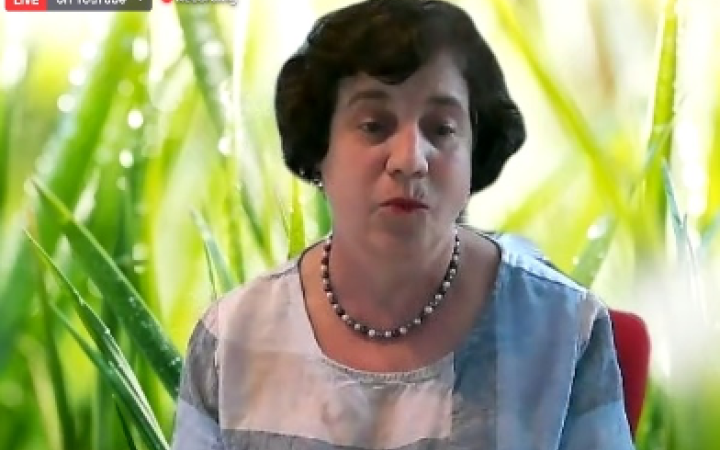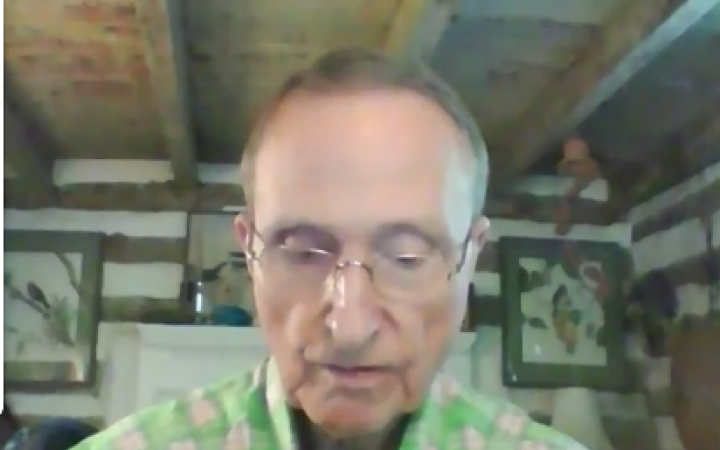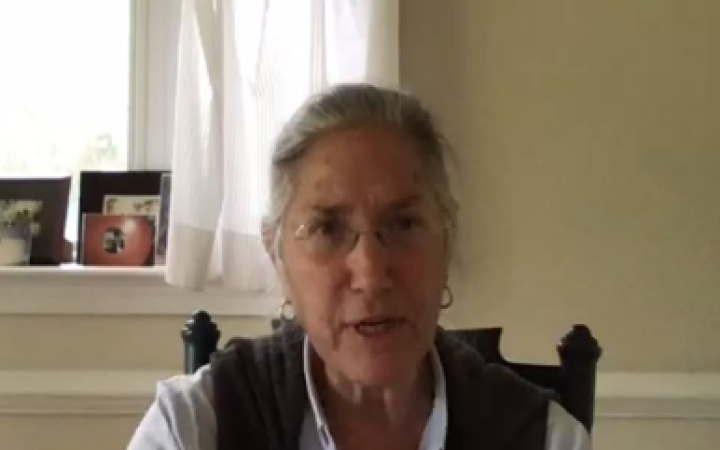5 May 2020, New York, USA, Zoom Workshop - The United Nations Institute for Training and Research (UNITAR), in collaboration with the Yale School of Forestry and Environmental Science, hosted a workshop entitled “A Better Planet: Pathways to a Sustainable Future.” The purpose of this webinar was to bring together an effort to think about sustainability and engage in a discussion of the topic through the Yale Environmental dialogue. This activity is supported with funding allocated from the Swedish International Development Agency’s (SIDA) contribution to the UNITAR Strategic Framework Fund, under the programme Leveling The Playing Field which focuses on the development of skills and knowledge of Least Developing Countries.
The course was attended by 180 participants from around the world that joined remotely through Zoom. The webinar was presented by the Yale Environmental Dialogue. The dialogue’s aim is to inject new energy and fresh thinking into the national conversation about sustainability. The webinar seeks to bring awareness of climate change and the challenges it presents.
Mr. Daniel C. Esty a Hillhouse Professor of Environmental Law and Policy, School of Forestry & Environmental Studies and Clinical Professor of Environmental Law & Policy at Yale University was the moderator and opened by briefly stating what the Yale Environmental dialogue is. Also, he mentioned that four of the panelists are authors who contributed with their essays to the book “A Better Planet: Forty Big Ideas for a Sustainable Future.” After the brief introductions, he turned over to Mr. Marco Suazo, UNITAR New York’s Head of Office, who delivered the opening remarks and welcomed participants. Mr. Marco Suazo reminded that the UN was celebrating that same day the Environmental Day which matched with the theme of the discussion and embraces the UN’s goals for a sustainable future.
Mr. Esty then introduced the workshop’s first speaker, Ms.Indy Burke, who is Carl W. Knobloch, Jr. Dean at Yale School of Forestry & Environmental Studies. Ms. Burke spoke about the need for dialogue and collaboration for sustaining lives, society, and the environment. She emphasized that environmental problems are global and require collaboration and participation across national and global lines.
Next, Mr. Daniel Esty introduced all 6 panelists and gave space for Mr. Ashton Mark to speak. Mr. Ashton is Morris K. Jesup Professor of Silviculture and Forest Ecology at Yale School of Forestry & Environmental Studies. He spoke about the social and economic issues around forests and the dilemma faced on how to value forests for future generations. He called for forests to be managed from bottom up. In other words, forests must be managed place-based and managed in-context, because of biology complexion, but also social and economic complexity. Lastly, he mentioned that environmental regulations that protect forests must be enforced.
Next to speak was Marian Chetrow a professor of industrial environmental management at Yale School of Forestry & Environmental Studies. Her talk focused on waste management. She described how waste composition is different around the world. She mentioned that developed countries produce significantly less organic waste than in developing countries. However, the amount of waste people around the world produce is very large. Therefore, she calls for preservation rather than to throw away and to set priorities on the whole material system. In other words, to use life cycle thinking to accomplish the goals of waste and materials management.
Thomas E. Lovejoy is a University Professor of Environmental Science and Policy at George Mason University and leads its Institute for a Sustainable Earth. Mr. Lovejoy mentioned that we are very close to major disruption of the biological system of the planet. However, things can still be done. One thing is to set a major agenda about reforming our energy base and getting off fossil fuels. He said that it is crucial to recognize the importance of nature and called to restore forests. Lastly, he encouraged everybody to help.
The last panelist to speak was Susan Biniaz. Susan Biniaz is currently a Senior Fellow at the U.N. Foundation, a Senior Adviser at the Center for Climate and Energy Solutions, and a Distinguished Senior Fellow at Climate Advisers. Biniaz talked about her chapter about the Paris Agreement from the book “A Better Planet: Forty Big Ideas for a Sustainable Future.” Her thesis is that Paris Agreement cannot do it alone. The reason why is because it is a very unusual environmental agreement and is very ambitious. Therefore, she suggests teams to help the Paris Agreement achieve its goals.
The webinar then hosted a Q&A, moderated by Daniel Etsy. The questions asked ranged from what is keeping humans from achieving a sustainable future to the big role that inequality, exclusion, and poverty play in making it harder for some countries to comply with the Paris Agreement. After having answered some questions closing remarks were then made by Mr. Daniel Etsy, and panelists and participants were thanked for attending the webinar which was closed by Mr. Marco A. Suazo


